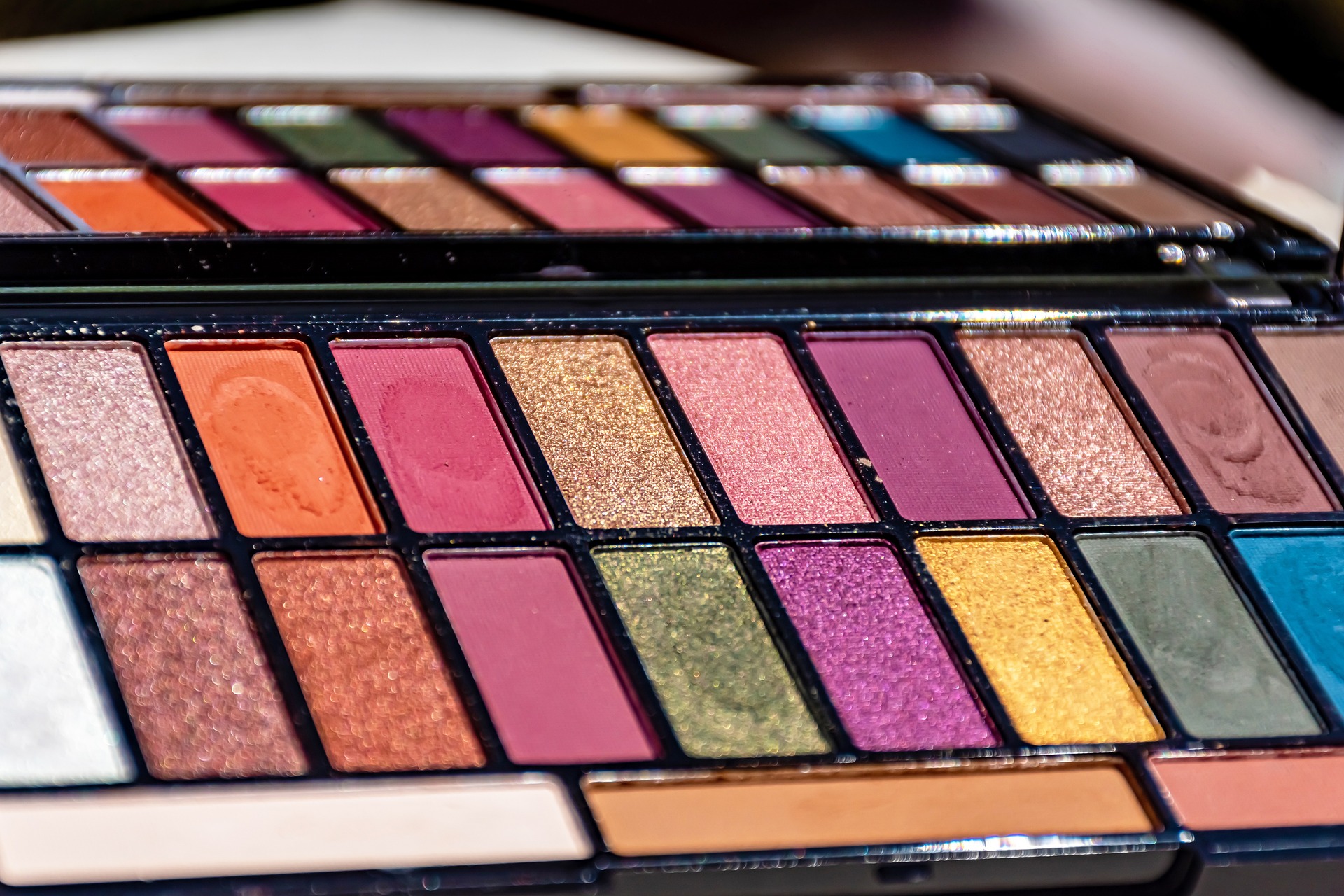What You Should Know Before Enrolling in a Makeup School
Makeup schools offer a structured way to explore the world of cosmetics, from application techniques to hygiene standards. This article provides an overview of what these programs typically include, the differences between short workshops and long-term training, and how to evaluate a school’s curriculum. It’s intended for those curious about developing skills in beauty artistry, whether for personal interest or future career opportunities.
What qualifications do you need to become a makeup artist?
While formal qualifications aren’t always mandatory, they can significantly enhance your credibility and skills. Many aspiring makeup artists in the UK opt for professional makeup courses or makeup artist certification programs. These courses typically cover a range of topics, including:
- Skin care and preparation
- Color theory and application techniques
- Bridal, fashion, and theatrical makeup
- Special effects and prosthetics
- Business and marketing skills
Recognized qualifications in the UK include VTCT (Vocational Training Charitable Trust) and ITEC (International Therapy Examination Council) certifications, which are widely respected in the beauty industry.
How long does it take to complete makeup artist training?
The duration of makeup artist training can vary depending on the course and level of certification you choose. Here’s a general overview:
- Short courses: 1-4 weeks
- Certificate programs: 2-6 months
- Diploma programs: 6-12 months
- Advanced or specialized courses: Can extend beyond a year
Many makeup academies offer flexible learning options, including part-time and online courses, allowing students to balance their education with other commitments.
What’s the difference between beauty school and a makeup academy?
While both beauty schools and makeup academies offer valuable training, they have distinct focuses:
Beauty Schools: - Provide a broader education in cosmetology - Cover various beauty treatments (hair, nails, skincare) - Often lead to state-recognized qualifications - May include some makeup training, but it’s not the primary focus
Makeup Academies: - Specialize exclusively in makeup artistry - Offer in-depth training on various makeup techniques and styles - Often taught by industry professionals - May provide more networking opportunities in the makeup industry
Choosing between the two depends on your career goals. If you want to focus solely on makeup, a specialized academy might be the better choice.
How can you gain practical experience as a makeup artist?
Gaining hands-on experience is crucial for aspiring makeup artists. Here are some effective ways to build your portfolio:
- Volunteer for local theater productions or student films
- Offer free or discounted services to friends and family
- Collaborate with photographers for styled shoots
- Assist established makeup artists on projects
- Participate in makeup competitions or beauty trade shows
- Create and maintain an active social media presence showcasing your work
Remember, every application is an opportunity to refine your skills and expand your network.
What are the career prospects for makeup artists in the UK?
The makeup industry in the UK offers diverse career opportunities. Skilled makeup artists can find work in:
- Fashion and editorial
- Film and television
- Theater and performing arts
- Bridal and special events
- Cosmetic retail and brand representation
- Teaching and training
Many makeup artists also choose to freelance, offering flexibility and the potential for higher earnings. The key to success often lies in specializing in a particular area and building a strong reputation within that niche.
How much does makeup artist training cost in the UK?
The cost of becoming a makeup artist can vary significantly depending on the type and duration of training you choose. Here’s a general overview of training costs in the UK:
| Course Type | Provider | Cost Estimation |
|---|---|---|
| Short Course (1-2 weeks) | London School of Makeup | £1,500 - £2,500 |
| Certificate Program (3-6 months) | AOFM London | £7,000 - £10,000 |
| Diploma Program (6-12 months) | Delamar Academy | £15,000 - £20,000 |
| Online Course | QC Makeup Academy | £800 - £1,500 |
| University Degree (3 years) | University of the Arts London | £9,250 per year |
Prices, rates, or cost estimates mentioned in this article are based on the latest available information but may change over time. Independent research is advised before making financial decisions.
When considering the cost of training, it’s important to factor in additional expenses such as makeup kits, travel, and potential loss of income during full-time study. Many academies offer payment plans or scholarships to help manage these costs.
Investing in quality education can significantly impact your future earning potential and career opportunities. However, it’s crucial to research thoroughly and choose a program that aligns with your career goals and budget.
In conclusion, becoming a professional makeup artist in the UK requires a combination of education, practical experience, and business acumen. By choosing the right training path, gaining hands-on experience, and continuously developing your skills, you can build a successful and fulfilling career in this dynamic industry.
The shared information of this article is up-to-date as of the publishing date. For more up-to-date information, please conduct your own research.





